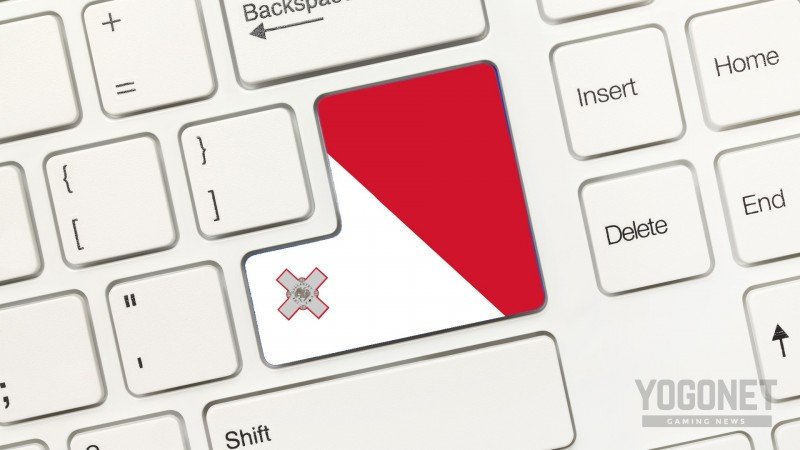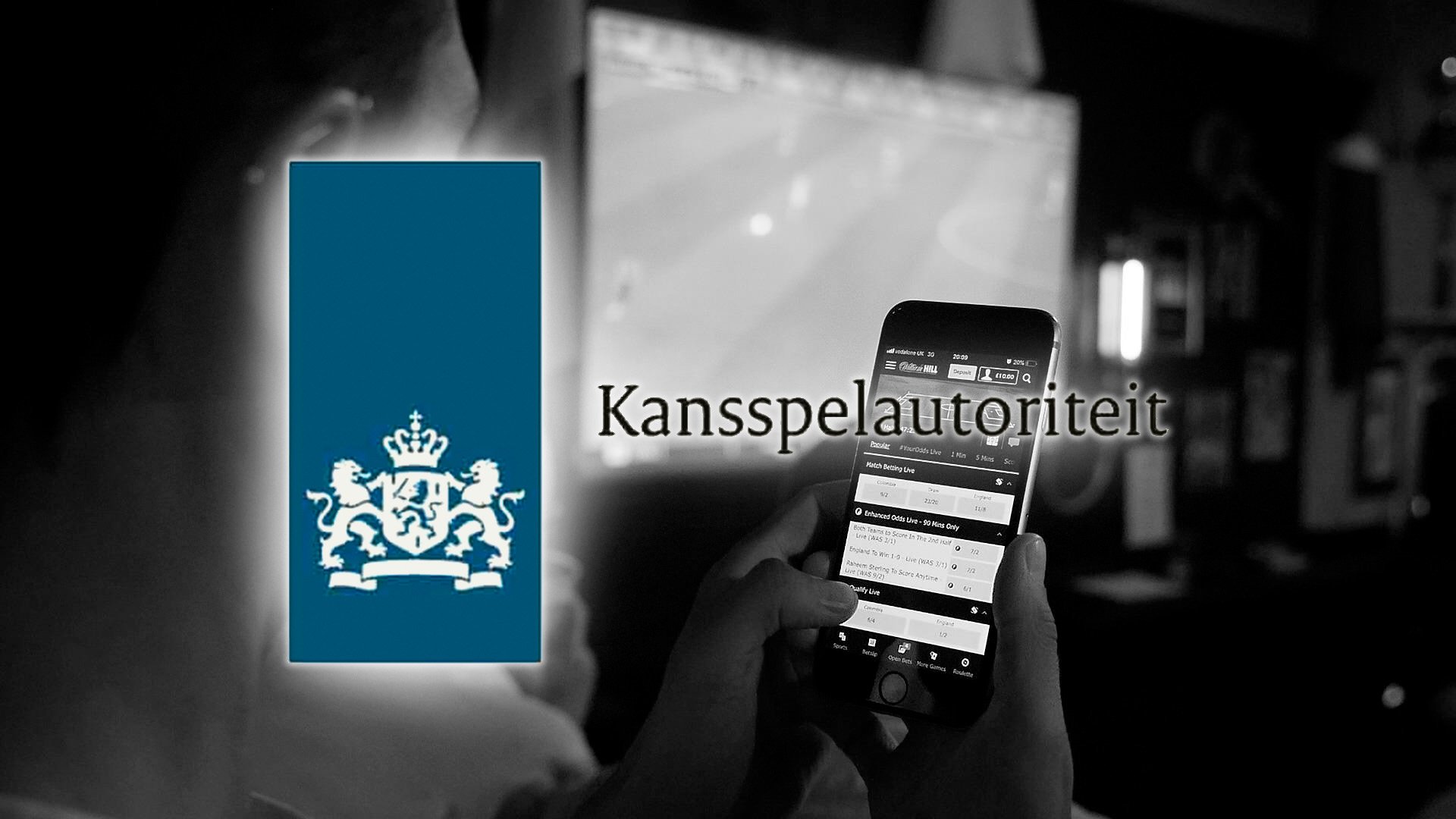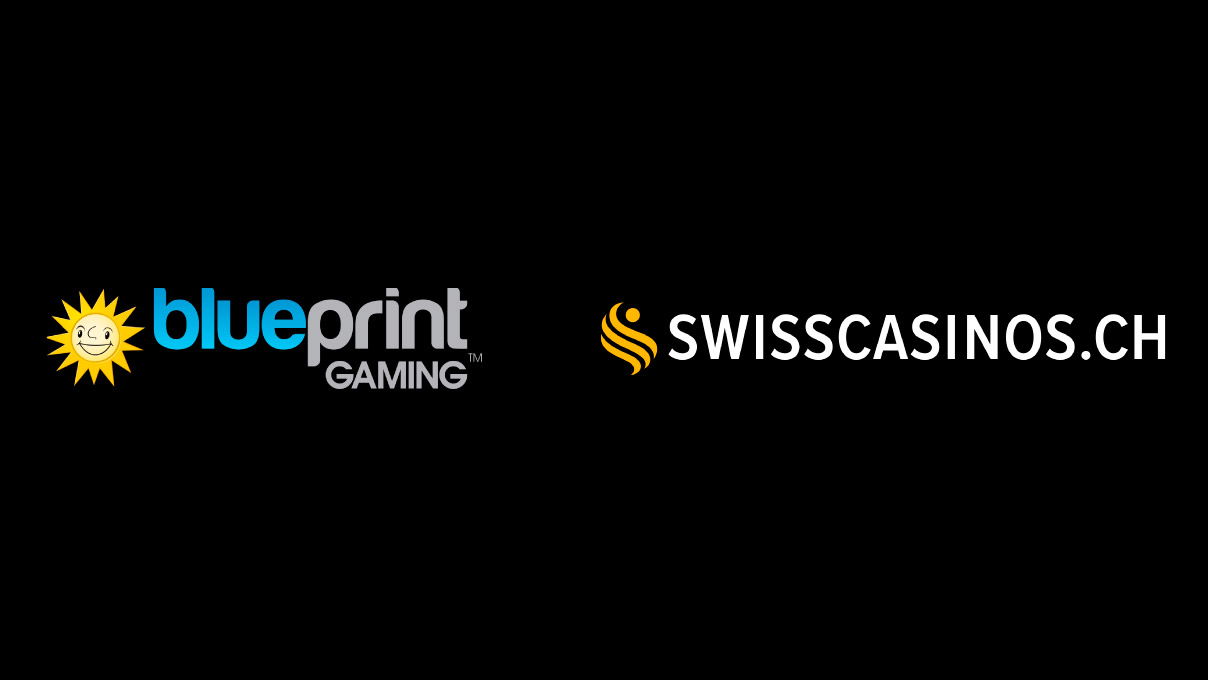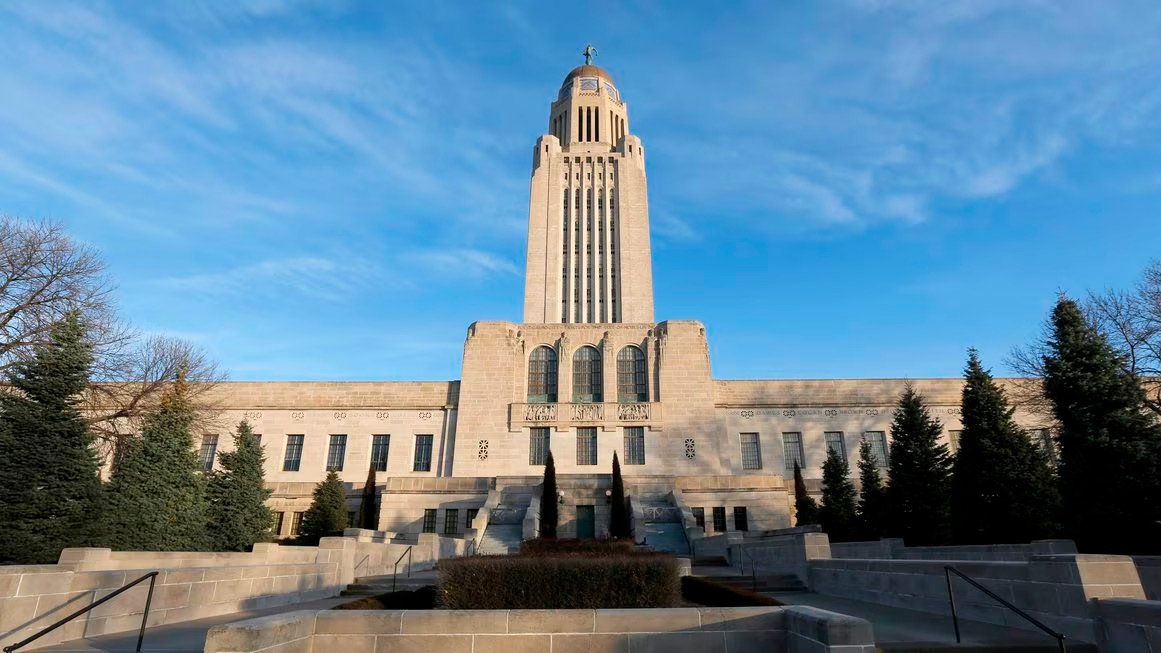A guide to the Malta online gambling license

The Maltese online gambling license is one of the most sought after in the world. The ‘gold standard’ of casino regulation, the license gives the holder an instant reputation boost and lets people know they mean business. But it comes at a price. With high application costs and gaming tax, it tends to be geared more towards big-name operators. Of course, it can still be a perfectly valid choice for smaller companies with a bit more capital behind them.
Why Malta?
The Republic of Malta sits in the Mediterranean Sea, equidistant between Sicily and the coast of North Africa. A former British colony, its workforce speaks English and Maltese, as well as Italian. Many also speak French, Germany, and various Nordic languages, due to the popularity of the online gambling industry.
It has a population of around 515,000 people over just 316km, making it one of the most densely populated countries in the world. Its economy was once based solely on tourism, a sector that thrives until this day. But now, financial services, corporate services, iGaming, bitcoin, blockchain, and other kinds of fintech have taken hold.
Malta offers a friendly business environment and great fiscal incentives including a full imputation taxation system which can bring the effective tax rate down to the single digits. Furthermore, Malta is a full-fledged EU Member State and is popular with all the big names in international online gambling.
Why do I need a license?
Any entity that wishes to conduct online gambling in any form, is required to hold a license to do so. Having a license allows you to open a payments account, get payment processors, and negotiate affiliate and advertising deals. Furthermore, it builds trust between the operator and the client which is key in such a competitive market.
If you operate without a license, you are breaking the law and can face prison, fines, or being barred from working in online gambling.
What are the requirements for the Maltese gaming license?
The Malta Gambling Authority which handles all licensing and supervisory matters are known for their stringent requirements. Applicants will need to provide identification, proof of address, criminal record checks, and references from their bank and professionals including a lawyer or accountant. In addition to this, they must prove they have the relevant experience to conduct the activity and they will undergo a ‘fit and proper test’.
A detailed business plan must be submitted as must details of all gaming software, hosting, third party contracts, and the Random Number Generation Certification. Applicants are also required to attend an in-person meeting with the Authority.
Applicants must also be aware of the obligations to conduct regular audits periodically, as well as to conduct them upon the request of the Authority.
What kind of licenses are there?
Up until two years ago, there were several different classes of license that could be obtained in Malta. The type of license depended on the type of games you planned to offer. The MGA then streamlined the process and created two options: B2B and B2C. There is no need for additional licenses or add ons, instead, the operator picks which class is suitable and which is sufficient.
Is it hard to get a Malta gambling license?
It is never ‘easy’ to get an online gambling license as authorities want to be sure they are issuing them to reputable and honest companies. After all, it is in their best interests to keep the reputation of their jurisdiction intact. But some jurisdictions are harder than others.
There is a lot of time and paperwork involved in acquiring the Maltese license, as well as in-person interviews with regulators. KYC and due diligence are in-depth, and care needs to be taken to properly implement AML/CFT, responsible gaming, and underage gaming policies.
Malta is a member of the EU and as such, is bound by the 5th AML Directive which seeks to limit money laundering in the bloc. Maltese online gambling operators must adhere to these rules or risk penalties.
The whole process can take between 10-12 weeks to complete, as long as all documents are in order and submitted promptly.
What about taxes?
Malta levies a 35% corporate tax rate on all companies. The great thing is it also utilises a full imputation system whereby dividends distributed to shareholders are entitled to a tax credit that can be equal to the tax on the profits from which the dividends are paid. In other words, this can bring the effective tax rate down to as little as 5%.
It is also important to note that Malta levies additional gaming taxes on online gambling companies. These are based on annual gross gaming revenue and are laid out in a tiered system.
The last word
The Malta online gambling license is not for everyone but it is a license we suggest for established, multinational operators. For entrepreneurs and startups, we suggest the Curacao or Kahnawake license, but as these clients mature, we often assist with their acquisition of the Maltese license as well.















































